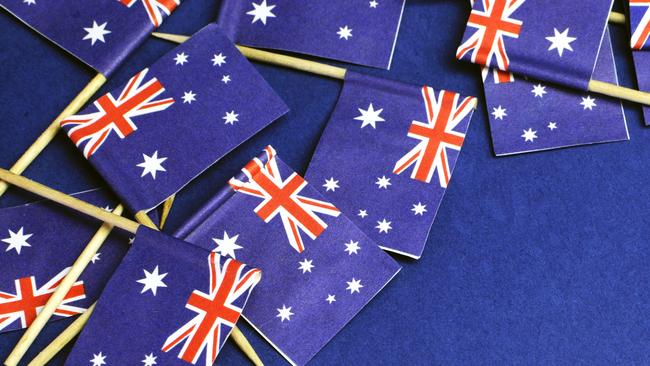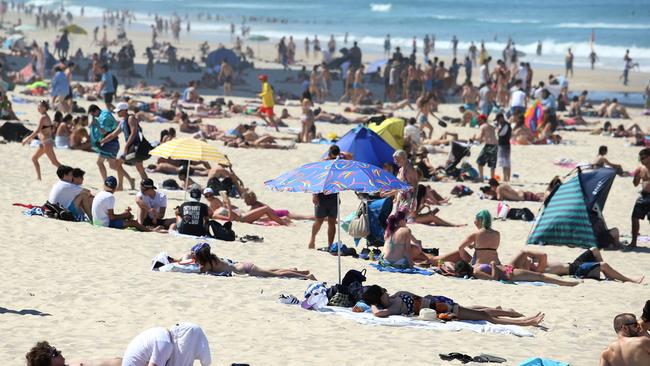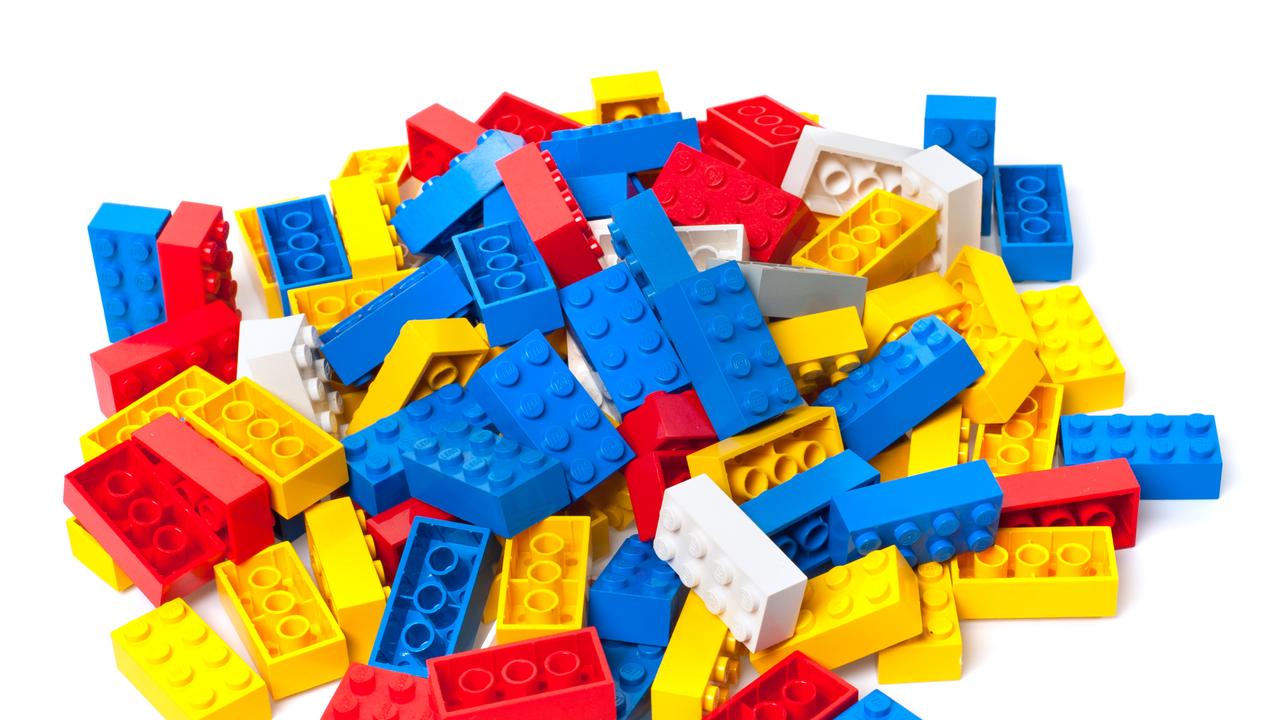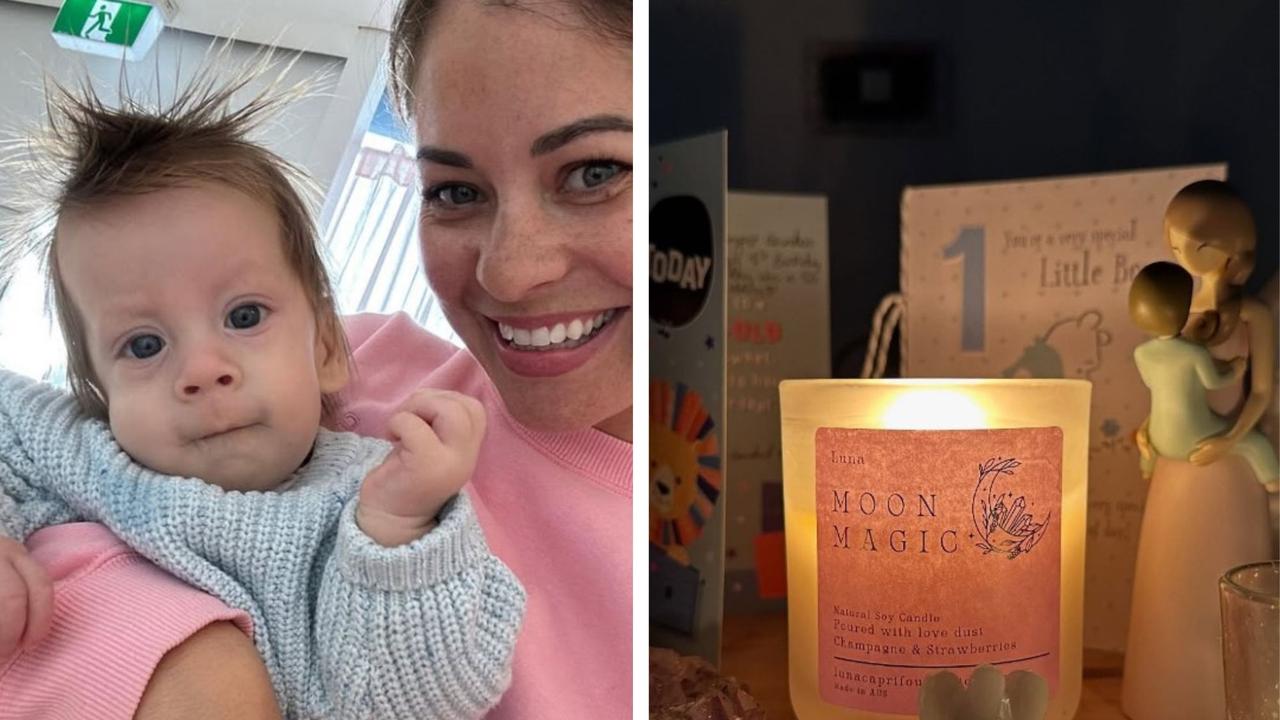It’s not up to a radio station to lead the Australia Day debate, writes Jamila Rizvi
IT’S not the Hottest 100 that needs to shift. It’s our attitude to Australia’s national day that is overdue for a major rethink.

OPINION
THANKS, but no thanks.
The ABC’s youth radio station, Triple J, has issued a statement confirming that it won’t be moving its annual music countdown, the Hottest 100. It has been under significant pressure this week from musicians, online petitions and social media, to make the change.
That’s because January 26 isn’t a day of celebration for many Australians; it’s a day of mourning.
Australia Day marks the beginning of colonisation and the atrocities that were inflicted on the first inhabitants of this country. Those calling for Triple J to pick another date on the calendar say a change would be a powerful statement of solidarity with indigenous Australia by the youth wing of the national broadcaster.
But should we really be looking to a radio station to lead this incredibly important debate? Or should it be up to our politicians? Surely, a far more powerful statement of solidarity would be for our parliament to do what they were elected to do and advocate for a more inclusive way of marking our national day.
We shouldn’t change the date of Triple J’s Hottest 100.
We should change the date of Australia Day itself.

The annual music countdown is synonymous with Australia Day. Since I was old enough to plug headphones into a Sony Discman to drown out my boomer parents’ car-trip tunes, Triple J shaped my musical tastes. At high school, my friends and I would begin crafting our chosen top 20 songs months before the official shortlist was released. We were painfully earnest in our commitment.
On January 26 almost every year since, songs ranked in the 90s or 80s have provided a muted backdrop for the unpacking of barbecue tools and the breaking-up of petrol station bought ice. The 70s and 60s prompt several erroneous remarks of “I think I know this one,” as the fifth lamington is wrestled from the chubby fingers of an opportunistic toddler.
The 50s signal everyone’s last chance for an ocean dip, before the business end of the public day commences.
Public holidays occupy a special place in the hearts of Australians.
For a country that prides itself on working hard and playing hard, those long weekends are generously welcomed and fiercely defended. But public holidays are about more than just a break from work. When they are held and how they are celebrated “reveal who we are, and occasionally who we were,” as historian Daniel Fleming puts it.
Australia Day is the official national day of Australia. It’s not intended as a solemn day of remembrance but a live celebration of contemporary and prospective Australia.
The occasion should be used to acknowledge our past (both its glory and its shame), celebrate our present and look forward to a better future. The date should reflect not what we once were but where we want to go.
We all celebrate differently but the fact that so many Australians mark their national day with relaxed backyard barbecues and some excellent tunes, says a lot about us. Our country doesn’t do pomp and circumstance well, nor are we particularly interested by it.
Even our citizenship ceremonies — moments of true occasion often held on Australia Day — are marked by a modest patriotism, humility and the sharing of stories.

Back at the barbecue someone will eventually shout “Oi, turn it up!” and the group’s happily tipsy attention turns to the radio: It’s top 20 time. Bets are placed on which songs will rank where in Triple J’s prestigious list.
Predictions are announced, then hastily retracted as they’re proven wrong. Memories of previous years are wistfully recalled and when the number one song inevitably disappoints, protests and complaints are lodged loudly, with no one in particular.
But those assembled know the truth.
Being unhappy with the number one song is part of the fun. Complaining about who was ‘robbed’ is the national sport of young people and 30-something hipsters. It gives us something to talk about when we’re doing the washing up and stuffing the remnants of lurid green and gold plastic crap into the recycling bin, while the telly quietly announced the Australian of the Year.
The single most elegant and meaningful way for Australia to embrace its contemporary identity is to become a republic.
That way Australia Day could be shifted to mark the commencement of a republic. It would become a date of celebratory significance for all Australians.
A republic and a new Australia Day would be a statement of the country’s contemporary identity as a place of diversity and inclusion. An identity that is better aligned with how we see ourselves today and the future we imagine for our kids.
No longer children of the British Empire, Australia would be a true country of the modern era. A country that acknowledges the sins of its past and recognises that there is more work to do.
For the first time in history, we have a Prime Minister and an Opposition Leader who have publicly expressed support for an Australian republic.
We have an Australian of the Year who supports an Australian republic. There is an ongoing, live and vibrant discussion about how best to recognise Australia’s indigenous population in our constitution. The time is right for this conversation to begin again.
And I can think of the perfect soundtrack to accompany it.
Jamila Rizvi is a writer, presenter and news.com.au columnist. You can follow her on Facebook and Twitter.




